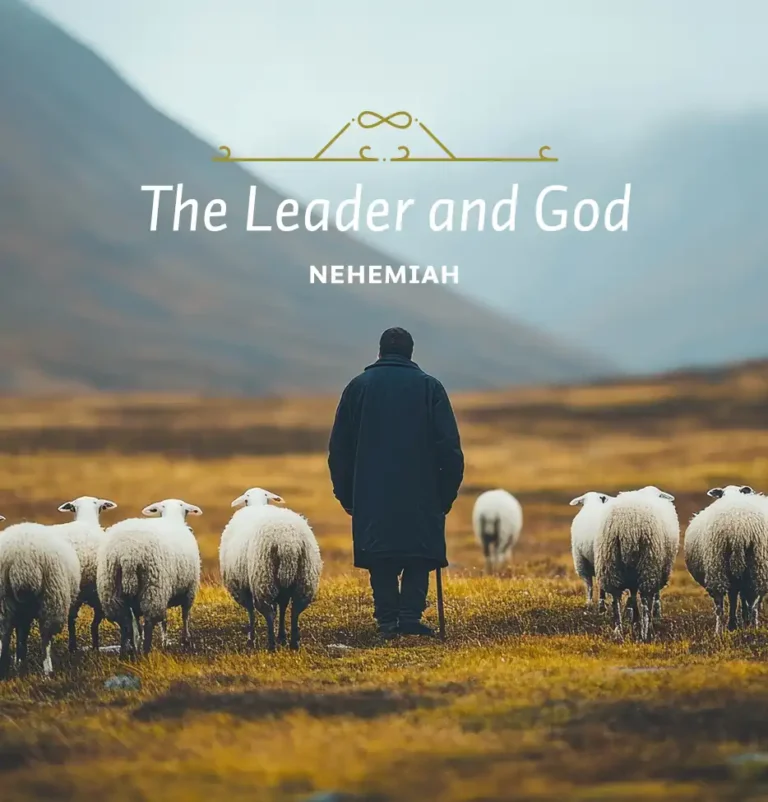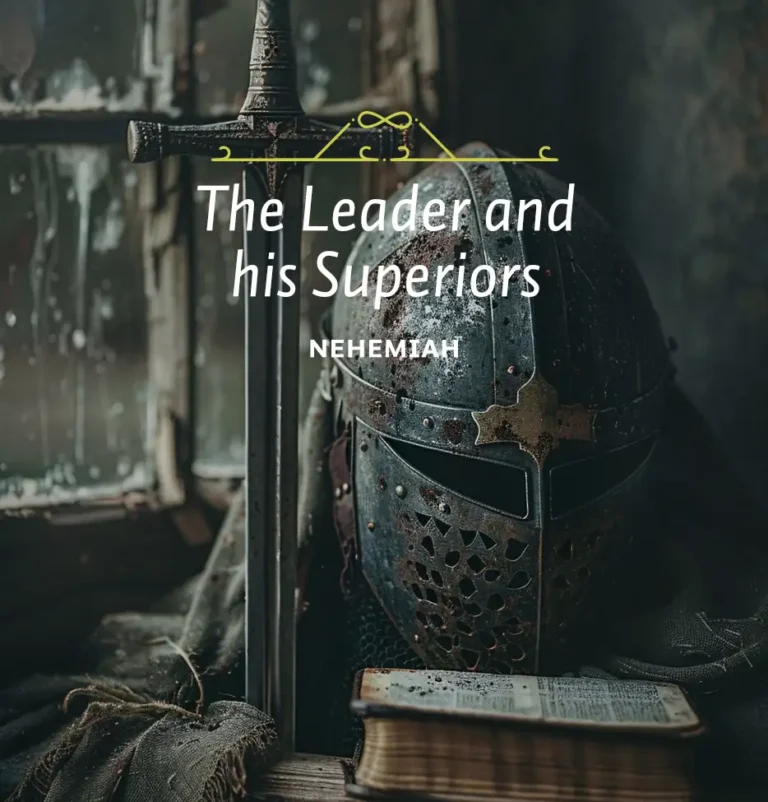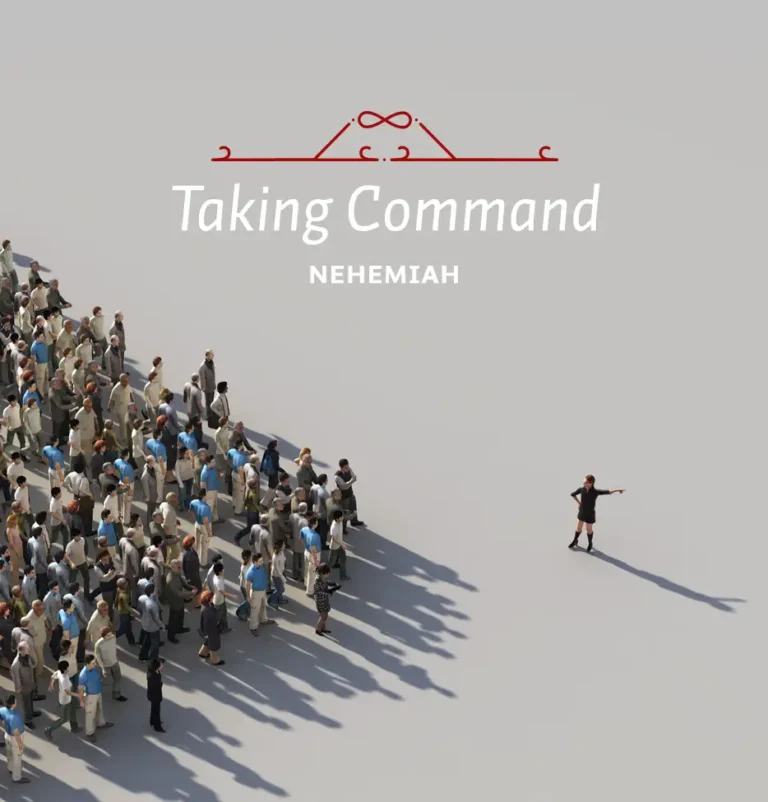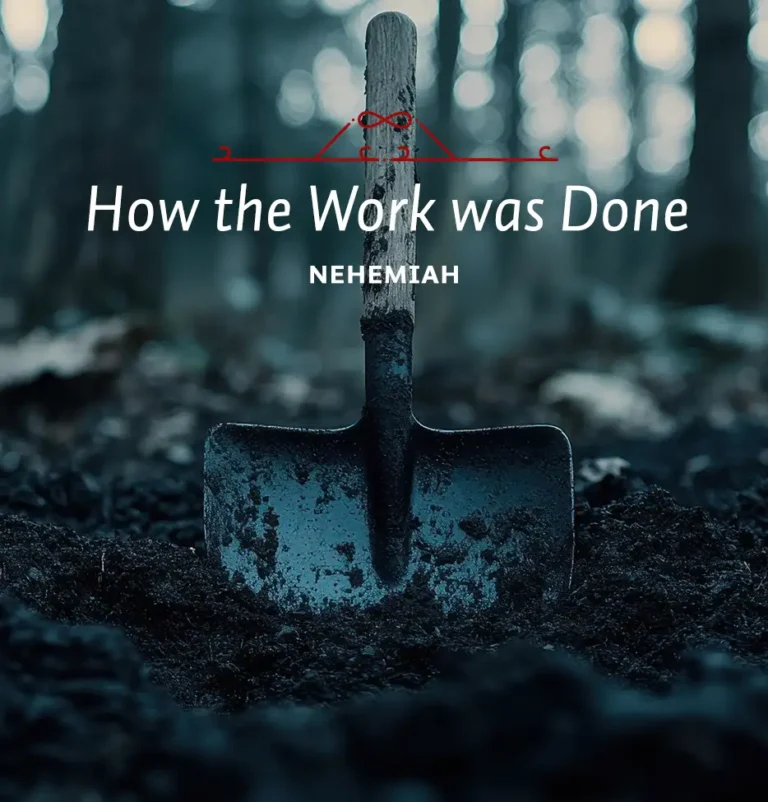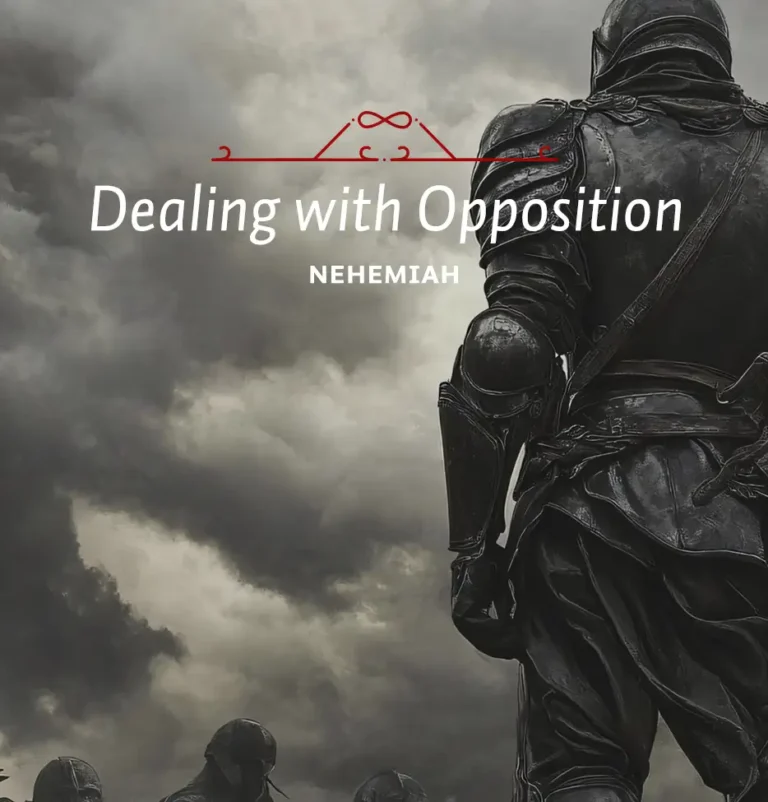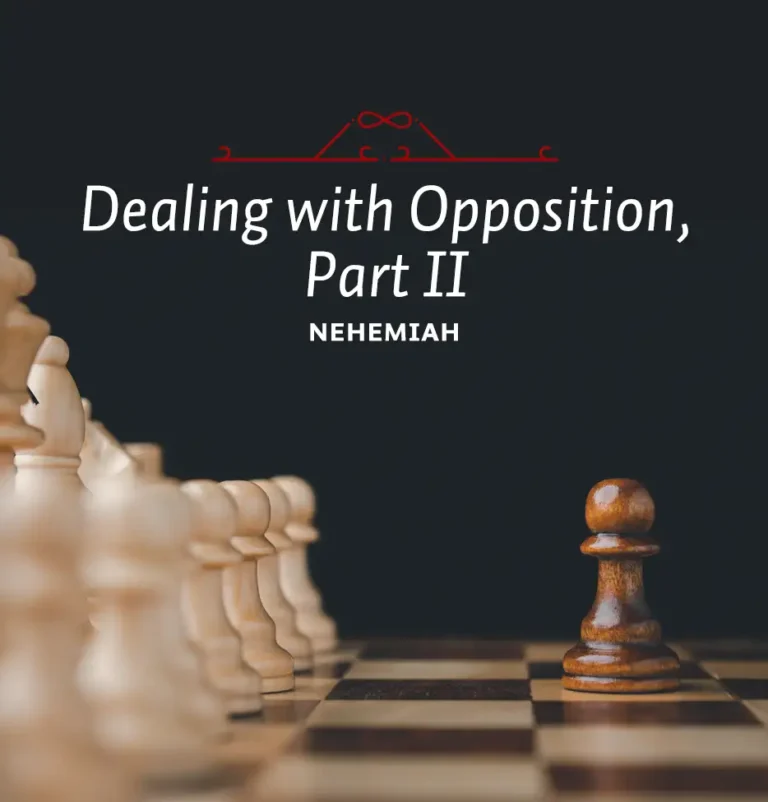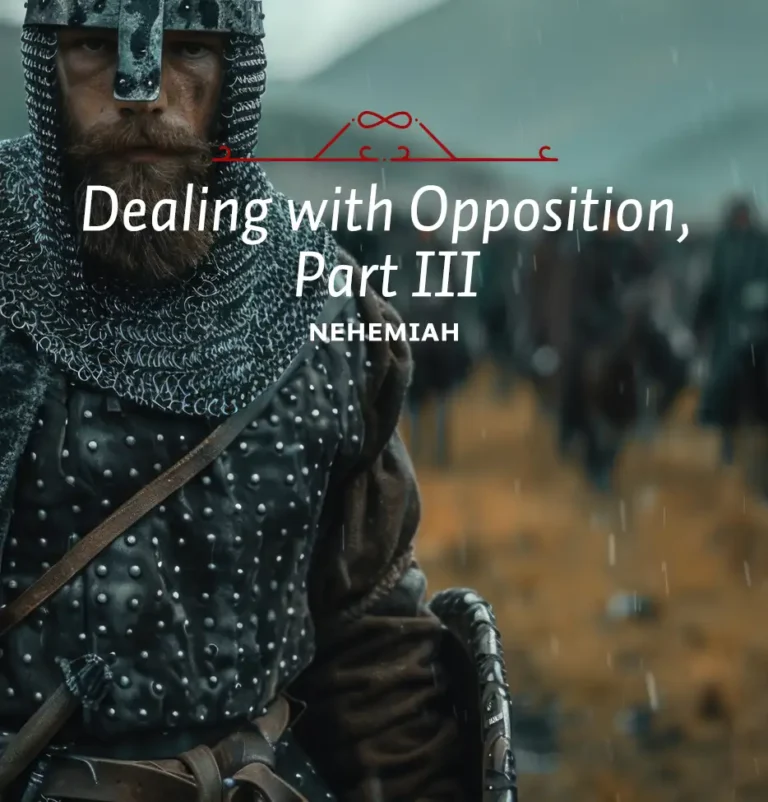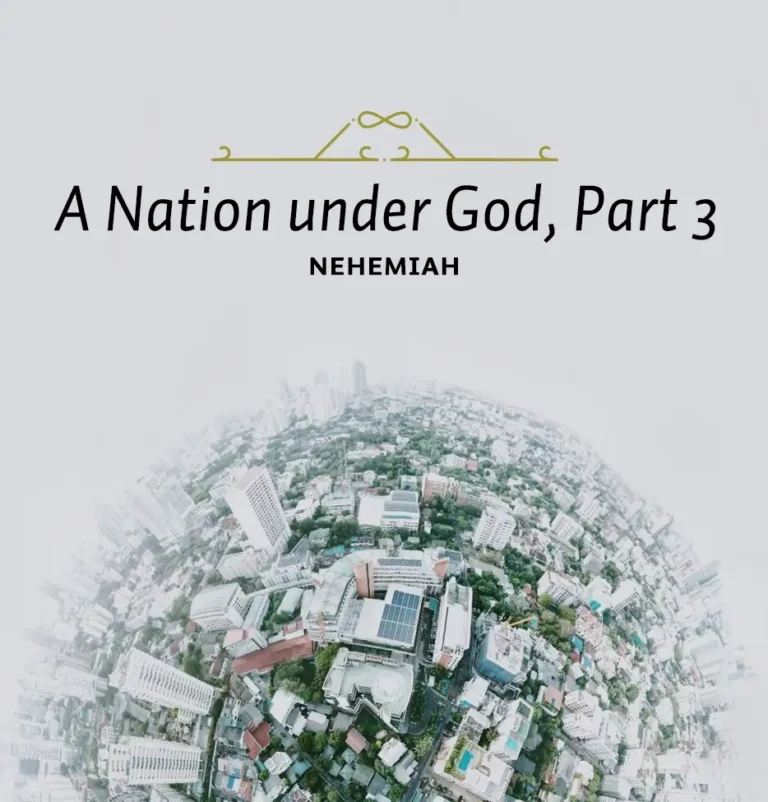
Friday: Salvation for All Who Will Come
A third parallel about these cities is that they were open to aliens as well as to Jews. It’s easy to apply that. The way to salvation—the way to life through Christ—is open to anyone. It’s open to you, no matter who you may be. You may say, “Well, I’m too old. I’ve lived a whole life and I’m now firmly fixed in my own pattern of behavior.” But why should you die and suffer in hell because of an earlier pattern of behavior? That pattern can be undone. The Apostle Paul was in a rigorous pattern of behavior, but the Lord Jesus Christ reached him on the road to Damascus and turned him around radically. Why shouldn’t He do the same for you?






